There’s only a year to go until the most complex and consequential US presidential election ever. Ukraine, the Middle East, geriatric candidates, big-name independents, the criminal charges against Trump, a new House speaker (who must ratify the outcome) who didn’t recognise Biden’s victory in 2020 – the complexity is staggering.
The two main candidates, Biden and Trump, are both unpopular. Biden’s approval rating stands (or rather, squats) at around 37 per cent. Polls indicate he is losing support among two traditional bastions of the Democratic party: African-Americans and young voters. Meanwhile Trump, who has still to secure the Republican nomination, lost the popular vote in his two presidential campaigns. In last year’s midterms, the Trumpist candidates were routed.
Some polls have given Kennedy a higher favourability rating than either Biden or Trump
Dissatisfaction with Biden and Trump is providing a big opportunity for independents. In 2016, low-profile independents helped Trump win the decisive Midwestern states of Michigan, Pennsylvania, and Wisconsin. The 2024 race will feature independent candidates with much greater national standing.
Trump has the most loyal base of support, meaning that in most cases it is Biden who is more vulnerable to meaningful independent campaigns – even conservative ones. The most significant of these is ‘No Labels’ – a centre to centre-right movement. Because it plans on backing a traditional conservative candidate, it has the potential to stop ‘Never Trump’ Republicans voting for Biden. On the left, the former Harvard and Princeton professor Cornel West promises to take votes from Biden, particularly among black and young voters.
Most unclear is the role of Robert F. Kennedy Jr., the son of Bobby and the nephew of Jack. He describes himself as a ‘traditional Kennedy liberal’. In fact, he is much more amorphous. He is an environmentalist, a Castroist and an anti-vaxxer. He blames the US for the Russian invasion of Ukraine, describes himself as a defender of Israel, and has promoted anti-Semitic conspiracy theories.
Above all, Kennedy is anti-establishment. And that’s why this supposed ‘traditional Kennedy liberal’ is dangerous to Trump. Kennedy matches many Trump supporters’ distrust of the deep state. He also has something not shared by any other independent candidate: immediate name recognition. He is already having an impact. Since he announced his intention to run, some polls have given Kennedy a higher favourability rating than either Biden or Trump.
In the event of a meaningful three-way contest, there is a good chance that no candidate will reach the required 270 votes in the electoral college. In that case, no matter who has the most votes (either at the college level or at the ballot box) the constitution dictates that the presidency would be elected by the House, where the Republicans, led by the election-denier Mike Johnson, have a majority.
In an election full of unpredictability, one of the safest bets is that not only will Trump win the Republican nomination, but that he will be permitted to run. The route to disqualification would require the Supreme Court (with a 6-3 conservative majority and three justices appointed by Trump himself) to find the former president guilty of insurrection. Not likely.
The ultra-conservatism of this Supreme Court could, however, help the Democrats. The revocation of Roe vs Wade was crucial to their better-than-feared performance in last year’s midterms. Abortion has gone from being an issue that galvanises the Republican base to one that motivates women to turn out and vote Democrat.
But gains among women are likely to be offset in other areas. Americans’ desire to pay for Biden’s commitment to Ukraine is dwindling. And in the Middle East, the president is backing Israel at a time when Democrat voters’ support for the country is diminishing.
The economy – often the most important factor in a presidential election – is growing well. Unemployment is low, and inflation has been much reduced. Yet it is not clear that these strong economic indicators will deliver proportional support for Biden. Many families are not feeling the benefits. In September, two-thirds of American workers said the cost of living was still increasing more than their wages. In this economic context, voting for an untested independent may feel like less of a risk.
Now for the consequential part. About the only thing on which most Americans agree is that the stakes are existential. The atmosphere is febrile: a recent poll indicated that nearly a quarter of Americans now support the use of violence ‘to save our country’. The numbers are highest among Republicans (one in three), and much higher still among Republicans who admire Trump. Next year’s election promises a crisis.
Got something to add? Join the discussion and comment below.
Get 10 issues for just $10
Subscribe to The Spectator Australia today for the next 10 magazine issues, plus full online access, for just $10.

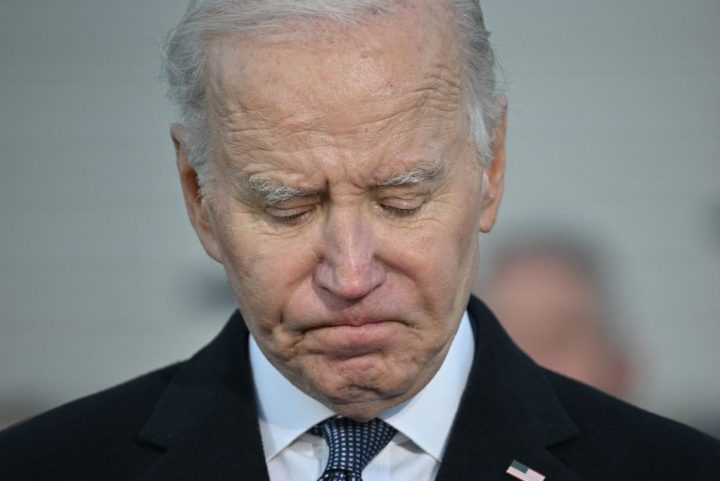


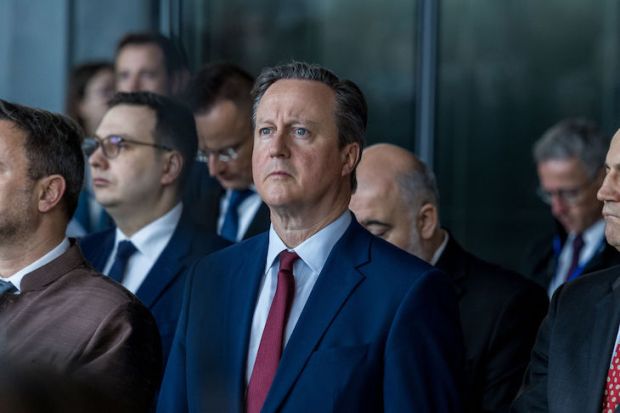
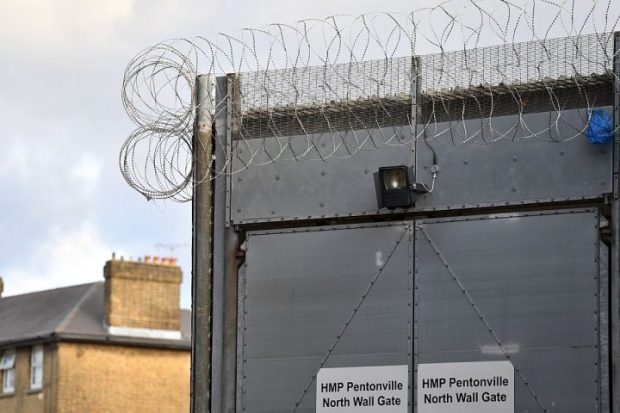
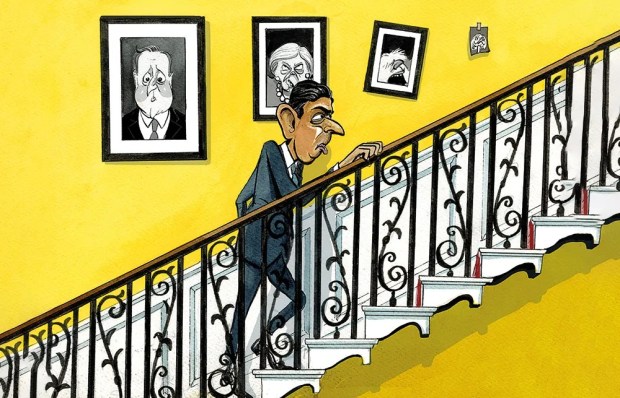
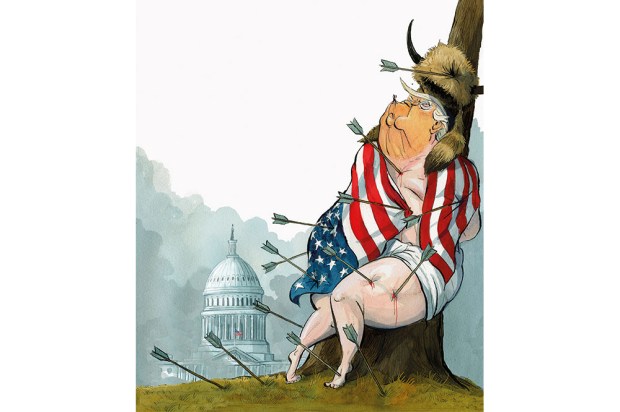












Comments
Don't miss out
Join the conversation with other Spectator Australia readers. Subscribe to leave a comment.
SUBSCRIBEAlready a subscriber? Log in